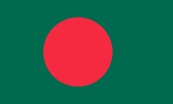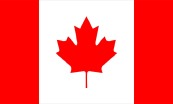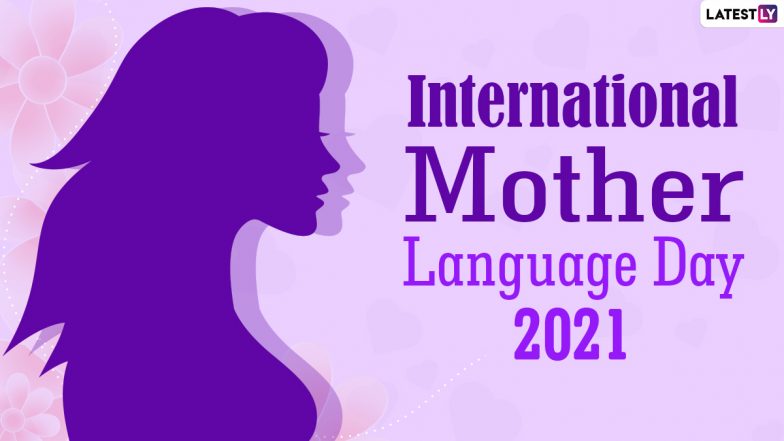International Mother Language Day is a globally recognized observance celebrated annually on February 21st. The day aims to promote linguistic and cultural diversity and to highlight the importance of preserving and promoting mother languages worldwide.
The significance of International Mother Language Day can be traced back to a historic event in Bangladesh, known as the Language Movement. On February 21, 1952, students and activists in Bangladesh protested against the imposition of Urdu as the sole national language by the then Pakistani government. The movement ultimately led to the recognition of Bengali as an official language of Bangladesh.
The United Nations Educational, Scientific and Cultural Organization (UNESCO) recognized the importance of linguistic diversity and cultural heritage and proclaimed February 21st as International Mother Language Day in 1999. Since then, this day has been celebrated worldwide to raise awareness about the importance of preserving mother languages and to promote multilingualism.
The celebration of International Mother Language Day encourages people to embrace and celebrate their mother tongue as a source of identity, cultural heritage, and communication. It serves as a reminder that languages are not only means of communication but also repositories of traditions, history, and knowledge.



